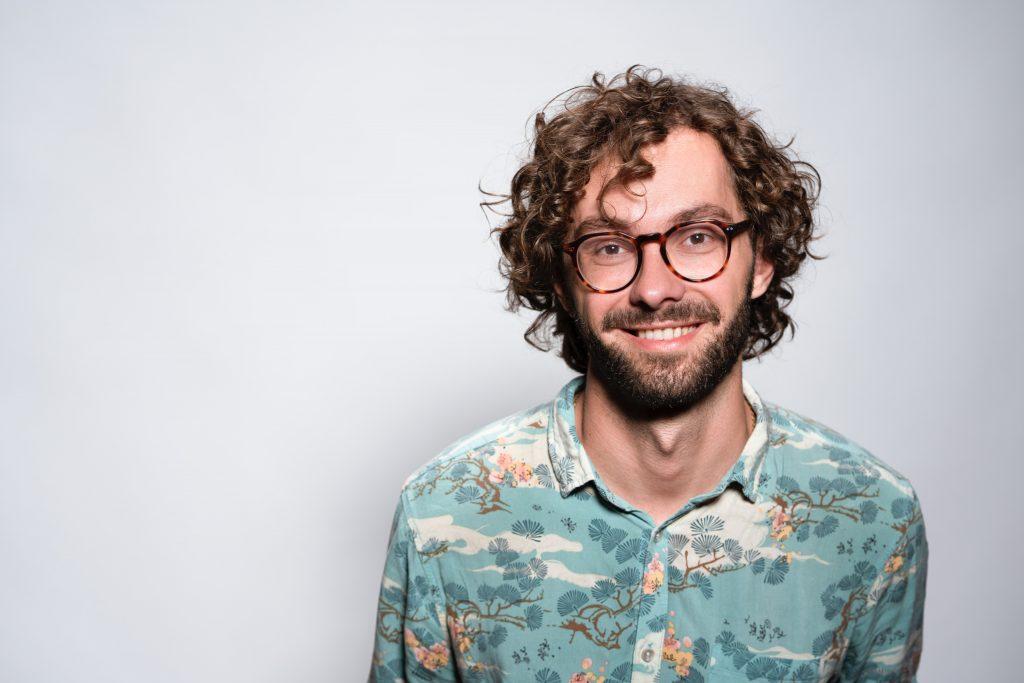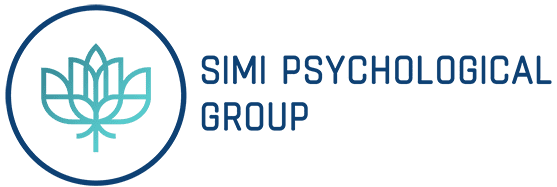If I were to ask you to describe OCD (Obsessive-Compulsive Disorder), you would most likely think of someone who washes their hands excessively, checks to see if their door is locked or the stove is off, or someone who likes things to be symmetrical or orderly. Movies and TV shows often stereotype the symptoms of OCD, it only leads to misunderstanding and misdiagnosis how OCD actually impacts a person’s life. OCD is more than hand washing, keeping things neat and clean, or checking to make sure your front door is locked. Most importantly, if it is making you happy, it is not OCD.
Obsessions refer to intrusive, repetitive, and unwanted thoughts, images, and emotions that trigger intense anxiety and fear. The person engages in rituals, also known as compulsions that are either behavioral or mental, aimed to make the person feel better, less anxious, or simply “feel right.” A person suffering from OCD may spend hours on engaging in rituals. These rituals cause significant impairment in the quality of their lives.
A person may eventually procrastinate or avoid tasks all together because of the compulsions associated with it. A person with OCD may also eventually isolate and avoid social settings to prevent the feelings of embarrassment of being caught or seen doing compulsions. Unfortunately, research has shown that a person with OCD may not get the correct diagnosis or effective treatment up to 14 years after the onset of the symptoms.
The fact is, OCD is more than what you may think.

There can be intrusive thoughts and images about harming yourself or others, feeling responsible for getting someone else contaminated as well as yourself. Or feeling doubt about your relationship choices or sexual orientation preferences, feeling fearful of losing things, saying the wrong thing, or making mistakes. When you explore the fears, you come to find out that OCD uses what you love and value the most to bait, and then it hooks you. OCD targets things you care about and enjoy to get your attention and get you to worry. It can be about your relationships, your health and safety, or your family. When it attacks and questions things you value, it can be hard to ignore it, which is how OCD stays in control.
OCD eventually hijacks the joy out of life when everything you enjoy and love is somehow used against you.
OCD can show up the first thing in the morning or while you are busy running errands. It doesn’t take a break just because it is a holiday, a graduation or your wedding day. It leaves you feeling exhausted when it has you worry about every detail, even if an outcome is one in a million. That’s how OCD works. It has a tunnel vision where it ignores all the evidence against the fear and picks a single evidence to hook you to its worry.
When you suffer from OCD, you know that the fear is irrational, but something doesn’t feel right. Your logic is not enough alone to soothe your emotions. It feels like something bad is going to happen. It feels like something just isn’t right. OCD creates doubt and makes you perceive a false alarm as a real threat to you or your loved ones.
When a person suffering from OCD has an overactive fear center in their brain, it acts as though the random thought that popped up is a real threat one needs to protect itself from. Research shows that a person has about 60 to 70 thousand thoughts a day. Inevitably, some of those thoughts are bizarre, irrational, or uncommon. When you suffer from OCD, it is impossible to ignore the intrusive ones. The OCD brain is wired differently and so it communicates differently. Therefore, when there is bizarre or irrational thought, it takes it seriously.

Once the brain perceives a threat as real and dangerous, it will trigger intense fear and anxiety. Compulsions become the person’s way of managing these intense emotions.
The rituals can be as unique and uncommon as the obsessions themselves. Often the compulsions become as powerful due to an error in thinking, called Magical thinking. It is a cognitive distortion that many people with OCD deal with daily. They believe their thoughts or actions have the power to influence real-life events. They believe this when the behaviors are not connected in a rational way with the real world. For example, a person with OCD may have a ritual of touching something a certain number of times so that you can prevent harm from happening to you or your loved ones.
Or they may have a routine when it comes to cleaning that ensures that nothing is contaminated. There are also certain rituals with numbers being lucky or unlucky numbers, colors being “good colors” vs. “bad colors.” You might make sure that your rituals end on the lucky number or whenever you think of the “bad color,” you quickly think of the “good color.”
When engaging in these rituals help to reduce your anxiety, then they over time have come to be viewed as having power and effectiveness in preventing your intrusive fears from coming true. You start to believe that the rituals can offer safety and protection to you and people around you. The truth is magical thinking keeps you performing compulsions. Part of recovering from OCD is learning to discontinue the rituals. It is equally important to challenge and debunk any beliefs that reinforce the ritual in the first place.
Learning about what OCD entails can make all the difference.

Research shows that it takes up to 14 years for someone to be diagnosed with OCD. When a person suffers from OCD without the right diagnosis, it can lead to more anxiety, depression, substance use, and eating disorders. You don’t have to suffer in pain for so long and you don’t have to go through this alone. When you have an assessment for OCD and receive the right treatment, you can start your journey of recovery.
While there is no magic cure for OCD, Exposure and Response Prevention (ERP) is the most effective form of treatment. This is where you will learn to truly and effectively manage your OCD symptoms. You will learn to live your life without engaging in ritual, while also learning to tolerate the unknown and uncertainty. Recovery from OCD is about learning to tolerate the anxiety and the discomfort. Because the truth is you are braver than you think. You are capable of doing hard things. It starts with taking the first step and standing up against your OCD. You can do this!
About the guest author,
Dr. Menije Boduryan is a licensed clinical psychologist and owner of embracing you therapy. She specializes in the treatment of OCD, personal growth, and couples therapy in Woodland Hills, Ca.
Therapy services offered at Simi Psychological Group
Now Offering Online Therapy in Los Angeles and Online Counseling Ventura County
At our therapy practice in Simi Valley, Ca we offer Child therapy and family counseling, Teen therapy, Anxiety Treatment, Depression Therapy, Marriage Counseling, and Neuropsychological Testing.

Dr. Novak is the group practice owner and licensed psychologist at Simi Psychological Group a therapy practice in Simi Valley, California. Simi Psychological Group offers a variety of services including trauma therapy, couples therapy, anxiety therapy, teen therapy, and more. Simi Psychological Group emphasizes the importance of creating real change by making sure to get to the root of your struggles.




